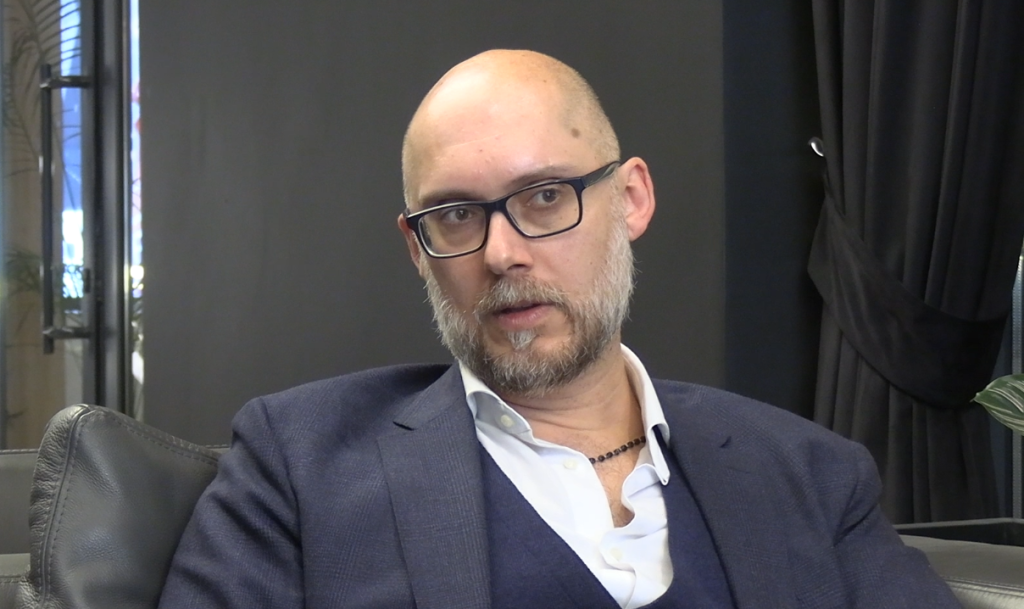
Disinformation has always been part of Russia’s state strategies and is now being strengthened by the tools offered by Artificial Intelligence (AI), says Paolo Palumbo, a cybersecurity expert operating in Finland.
According to him, Russia is using new technologies to support the war in Ukraine, verbally attacking and through digital manipulation any country or public figure that expresses support for Kiev.
In an interview with The Geopost, Palumbo also talks about cyberattacks and the challenges that journalism faces today.
Full interview:
In general, when we look at the situation in Europe, we see that European organizations and countries have to defend against three major types of attackers and threat actors. On one side, we have traditional cybercrime groups that conduct information campaigns and cyberattacks for for financial gain.
The second type of threat actor that we see are the hacktivists, which tend to advance political agendas through digital means. And then finally, we encounter activities of nation states that are more aligned with broader geopolitical themes and with the agendas that these actors might have.
Of course, in many situations, there is not a very clear line between these actors and their operations. Sometimes there are blurring. For example, we know that Russia leverages a very extensive network of proxy entities to conduct some operations, and therefore bringing together nation-state operations with hacktivist and pseudo-hacktivist kind of operation.
In terms of traditional cybercrime, we see that the biggest threat remains ransomware. It is vastly one of the most lucrative way the threat actors have to obtain financial gains because it’s easy to execute. It can leverage a very broad shadow supply chain that provides attackers with ready-made components that they can afford. Something similar to the Software as a Service and Platform as a Service that we see in the normal ITC and ICT business.
Russia is in general, extremely competent in running disinformation campaigns. It has been part of their playbooks, and not only of Russia. This is something that many nation states execute when there is a need. Russia now uses disinformation to target and to support the war effort that they have been ongoing in Ukraine. And they use disinformation as a less expensive method to target those who support the adversary of Russia. Those who support Ukraine become inevitable targets as well. And disinformation is one of those means that they use to target.
We can see that the topic of artificial intelligence is intersecting the domain of disinformation because clearly Russian state actors are not oblivious to the advancement of technology. And so they use technology as they can to advance their agenda. Just recently there was a particular case where they created fake content using AI to target Friedrich Merz, just after Friedrich Merz had expressed support toward Ukraine.
So Russian actors in general are opportunistic. They use the techniques that they can assemble, but they are not necessarily just sticking to artificial intelligence. Artificial intelligence is one of the many tools that they have at their disposal. And this reflects some of the nature of these threat actors: They are not in there for exploring technologies. They are in there for achieving a certain objective, and then they will use the technology that best aligns with the objective they want to achieve.
I think we live in a moment in time where many of the equilibriums and relationships and ways of to conduct international cooperation are being challenged. This is not necessarily something that has happened now, but right now we are seeing kind of a sudden acceleration of the erosion of these mechanisms of international cooperation.
We have seen that some of our allies in the West have changed their approach; they are focusing more towards advancing their own personal gain, and that is reflected in the, for example, usage of tariffs as a bargaining mechanism to achieve what they want, also politically. Similarly, security is something that is used as a means to an end to advance certain things.
In many ways, I think we need to take stock of the fact that the world around us has changed, these equilibriums have changed, what we thought was the status quo is not necessarily something that will persist. And we need to find also how we as European nations engage with these different contexts that we are operating in.
I respect greatly the work that our institutions in the European Union are doing because it’s really trying to find the right approach for each of these changes that are being presented, like how to react to Russia flexing their muscles and testing the defenses of Europe and of NATO by extension. How to react to United States imposing tariffs. This requires incredible restraint and a strategic thinking of what is the best thing to do for Europe and the various individual member states.
/The Geopost

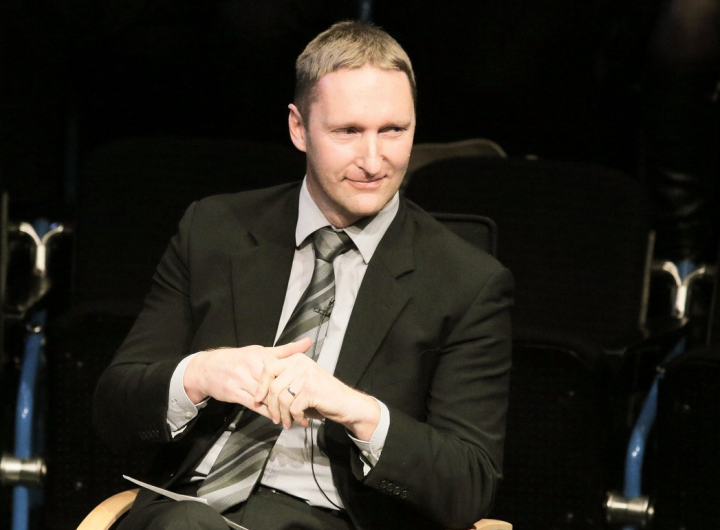 Professor Iztok Prezelj: Balkans influenced by external powers, Serbia serves as an entry point for Russia
Professor Iztok Prezelj: Balkans influenced by external powers, Serbia serves as an entry point for Russia 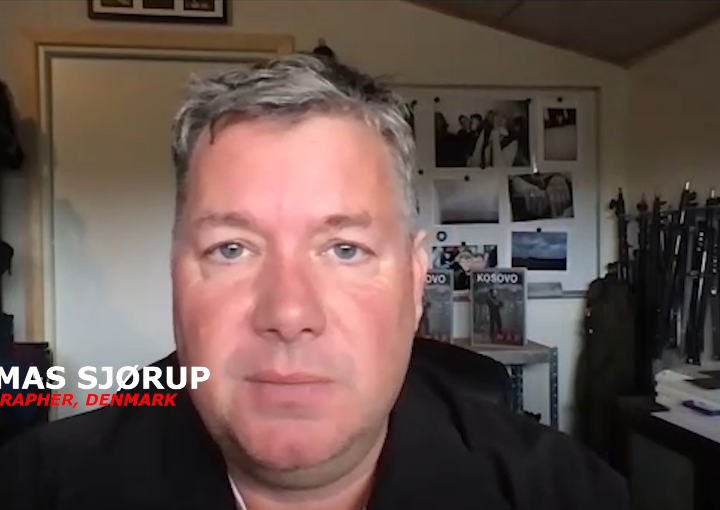 Kosovo through the lens, interview with the photojournalist of 1999
Kosovo through the lens, interview with the photojournalist of 1999 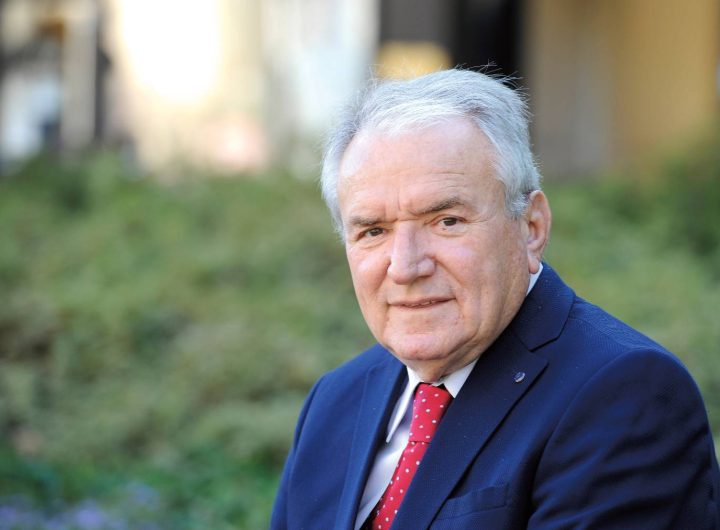 Djukic for The Geopost: There is a civil war in Serbia, the final outcome will be known in a few weeks
Djukic for The Geopost: There is a civil war in Serbia, the final outcome will be known in a few weeks 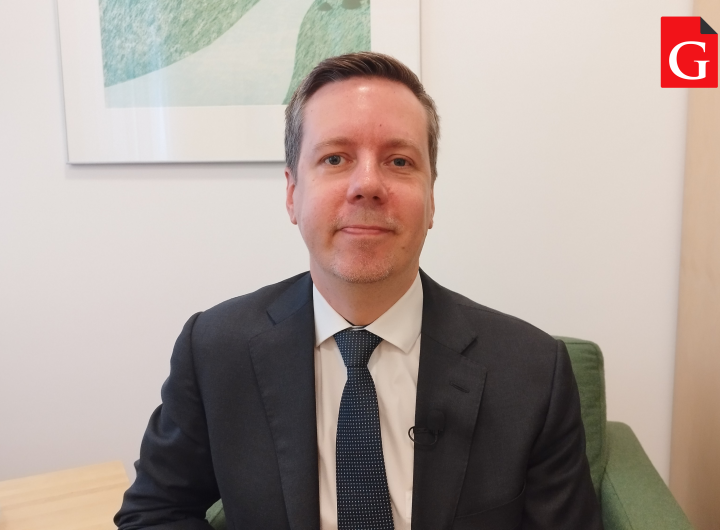 Nissinen: Kosovo is on the right path towards European and Euro-Atlantic organizations
Nissinen: Kosovo is on the right path towards European and Euro-Atlantic organizations 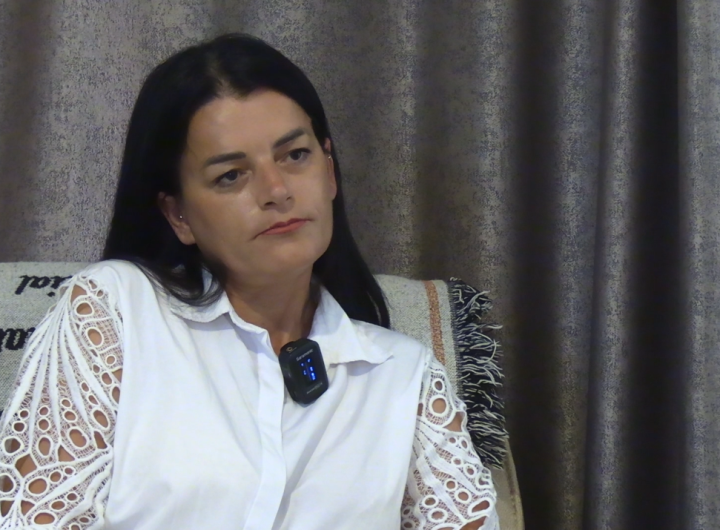 Vasfije Krasniqi-Goodman: Fighting for justice is what every survivor deserves
Vasfije Krasniqi-Goodman: Fighting for justice is what every survivor deserves 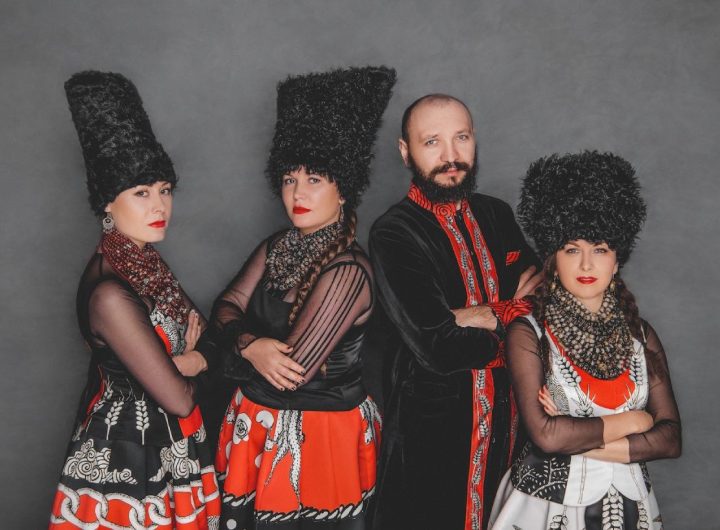 Halanevych (DakhaBrakha): Europe and the entire civilized world must support Ukraine in this genocidal war, which has been provoked by absolutely nothing on our part
Halanevych (DakhaBrakha): Europe and the entire civilized world must support Ukraine in this genocidal war, which has been provoked by absolutely nothing on our part